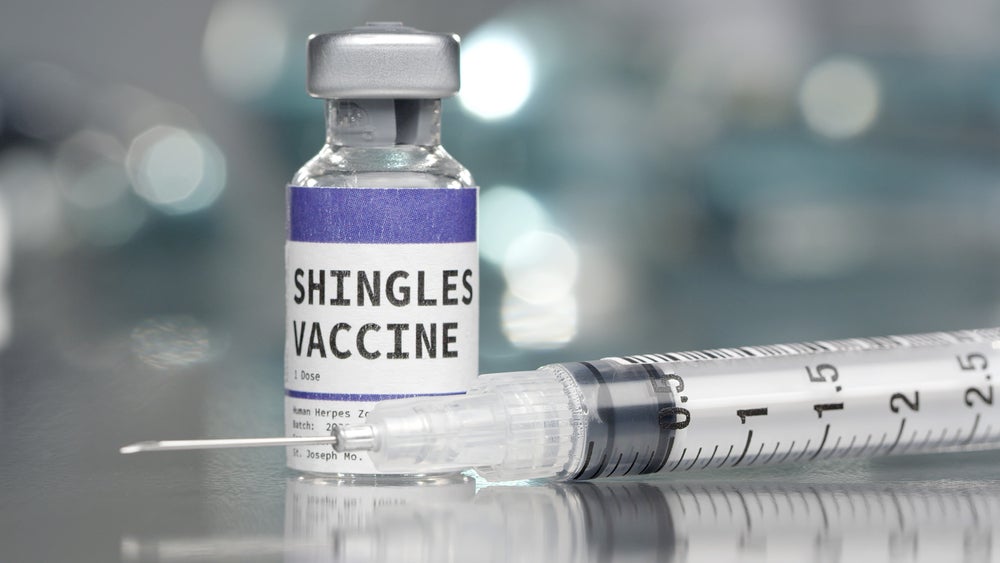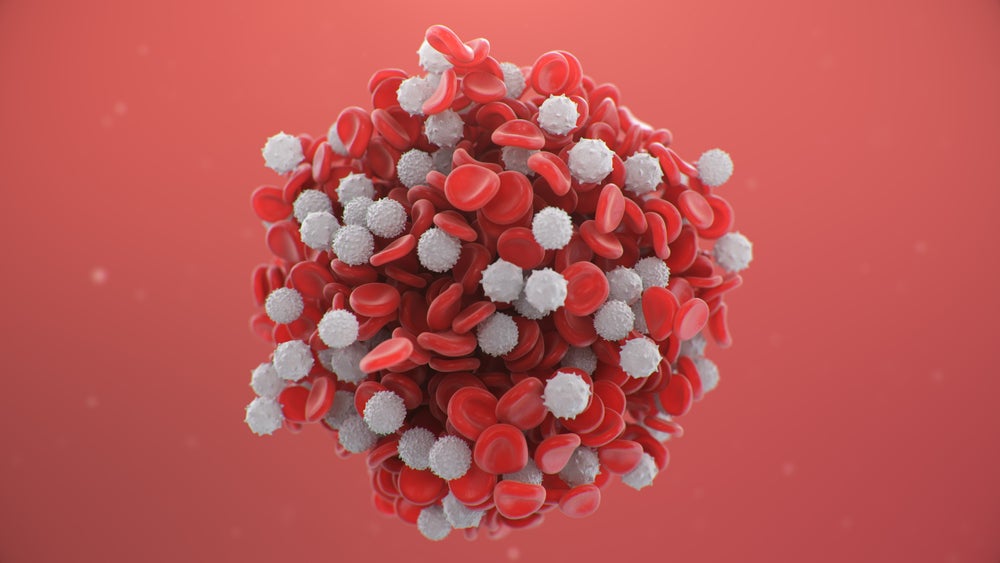Kiromic BioPharma has reported encouraging early safety and tolerability findings from the first subject in a Phase I clinical trial of its investigational gamma delta T-cell therapy, Deltacel, to treat stage 4 metastatic non-small cell lung cancer (NSCLC).
The open-label trial is designed to assess the tolerability and safety of Deltacel along with low-dose radiotherapy.
It will involve subjects receiving two intravenous infusions of the therapy alongside four courses of low-dose, localised radiation treatment over ten days.
Assessing the safety of the combination regimen is the trial’s primary objective.
Secondary objectives of the study comprise evaluating the objective response, overall survival, progression-free survival, time to progression, disease control rates and time to treatment response.
The treatment was administered to the first patient at the Beverly Hills Cancer Center in the US.
According to the findings, no adverse events 23 days post-infusion were observed, indicating that the therapy is being well-tolerated with an initial favourable safety profile.
Kiromic anticipates releasing initial efficacy data from this patient by this month's end.
Plans are in place to enrol two additional patients between January and February.
Deltacel, an allogeneic product composed of unmodified, donor-derived gamma delta T cells, is a lead candidate in the GDT platform of the company.
The therapy aims to harness the GDT cells’ inherent potency to act on solid cancers.
The primary focus of the treatment will be NSCLC, which accounts for approximately 80% to 85% of lung cancer cases.
Preclinical studies have already demonstrated the promising safety and efficacy profile of Deltacel when used in conjunction with low-dose radiation.
Kiromic BioPharma CEO Pietro Bersani said: “Our first-in-human clinical trial of Deltacel is proceeding very well and on plan.
“With no adverse events observed during the first 23 days post-treatment, we have a strong indication that Deltacel is well tolerated.”
The biotherapeutics company leverages its DIAMOND artificial intelligence and data mining platform for developing cell therapies for application in the immuno-oncology field.
















